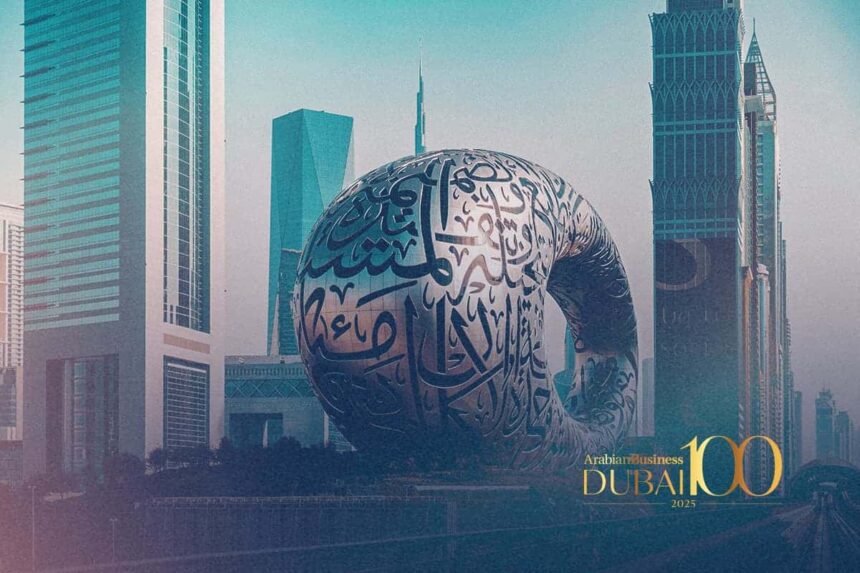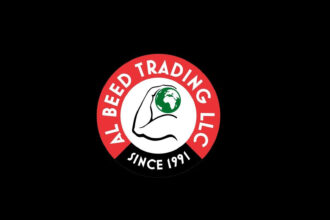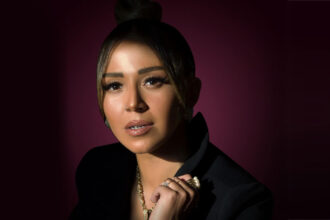2025 Dubai 100 It is more than a classification. It is a reflection of what the city values and how quickly those values are changing.
This year, 66 of the names on the list were not there last year. That child or shift says a lot. He tells us that Dubai not only updates his idea or leadership. It is expanding it. The list now includes policy formulators, platform builders, cultural voices and investors that do not belong to any category. The influence in Dubai is no longer a hero in some places. He is moving out, fast.
Consider the emergence of public sector leaders. Officials like Helal to Marri in the Department of Economy and Tourism, abdulla al Karam in Khda and Mattar al Tayer in RTA are not there to represent the institutes: they are shaping the way the city works. Its inclusion in the top 50 suggests a new understanding: that intelligent governance is not a background work: it is the front and the center.
Age is also a factor. A full room of people in this year’s list is under 45 years old. That includes Tomaso Rodríguez, leading Talabat’s logistics innovation; Samia Bouazza, which leads to investment decisions in Multiply Group; and Farah Zafar, working at the intersection of the law, business and regulation. These are people who speak both the language of the region and the language of what follows.
And diversity is not only generational. Of the 100 names, 54 are Emiratis and 46 are expatriates. In a city where more than 85 percent of the population is international, that separation from close life says something significant: leadership here is both local and global. One without the other would lose the brand.
The most important conclusion of 2025 Dubai 100 It is this: power in Dubai does not disappear from the old sectors. But it is shared more widely, in all industries, nationalities and generations. This list is not about who is fading. It is who is increasing and how wide influence the doors have opened now.








